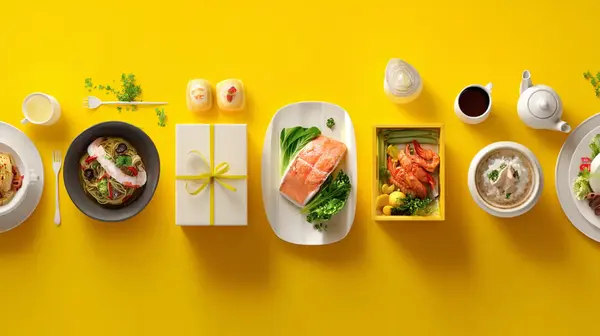
How to Cook Dishes That Survive Delivery
Learn proven food delivery tips to create restaurant delivery food that travels well. Discover the best food for delivery, how to keep food hot for delivery, and smart food delivery packaging techniques.
Open Now Closed Today Closed Now

Learn proven food delivery tips to create restaurant delivery food that travels well. Discover the best food for delivery, how to keep food hot for delivery, and smart food delivery packaging techniques.
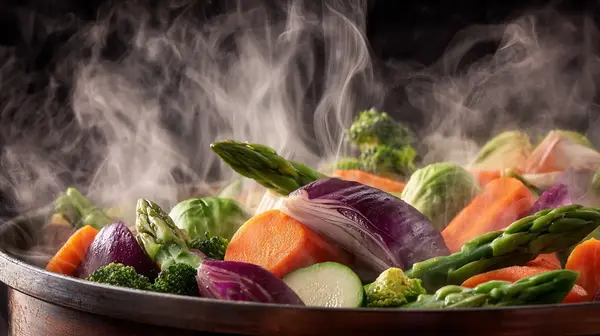
Learn how to cook vegetables without steaming. Discover why vegetables get soggy, how to roast and sauté vegetables properly, and proven techniques for crispy, evenly browned results.
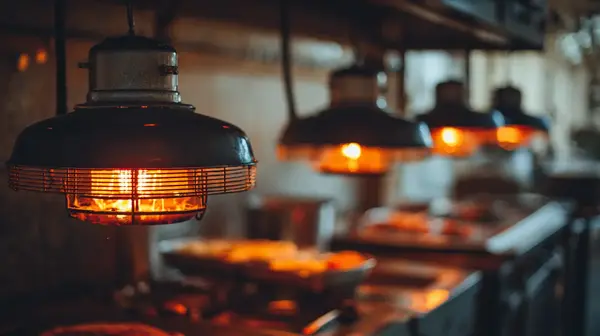
When timing breaks down on the line, food quality suffers—finished dishes sit too long, overcook, or lose heat before they reach the dining room, making proper hot holding and service timing just as critical as the cooking itself.
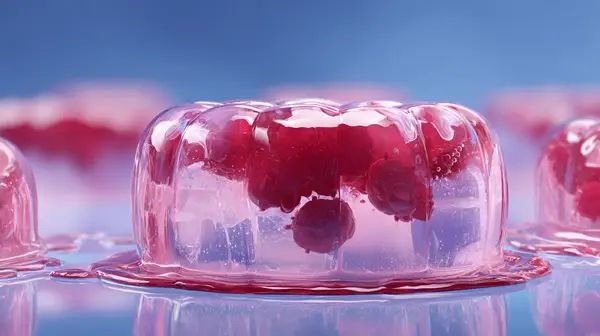
Learn how to thicken sauce and soup using cornstarch slurry, roux, potato starch, and other starches. Understand what starch is, how slurries work, and the differences between cornstarch vs flour in cooking.
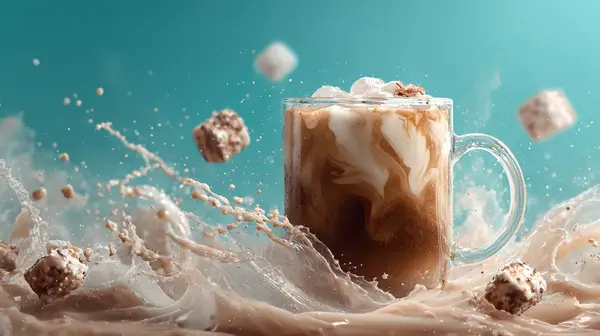
Learn how to steam milk, froth milk, and make microfoam like a professional barista. Discover the best milk for frothing, how long to steam milk for latte, and the science behind perfect milk texture.

Opening a successful bakery requires investment in quality baking equipment. Learn about professional bakery equipment you need: bakery ovens, dough prep equipment & more.

This comprehensive buying guide will help you choose an oven that is right for your business. We will discuss the different types of ovens and the factors to consider when buying an oven.

Starting an ice cream store is no doubt a treat, but the task of outfitting it with the proper machines and tools can give you brain freeze.

The difference between shared and private kitchen spaces, the associated costs, and other services you get with a commissary kitchen.

From the back of the house to the front, your equipment should cater to the specific processes and the unique demands of your menu and operation. To help you get started on your shopping, we put together a checklist of these important pieces of equipment, tools, and supplies.
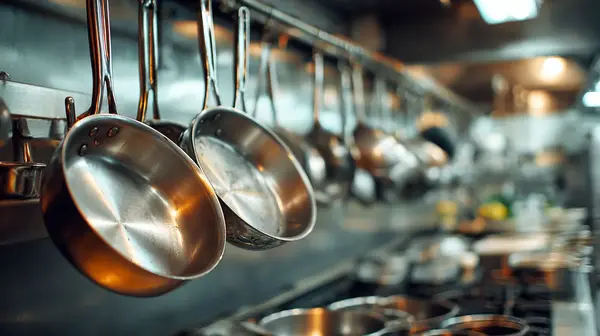
Learn how to properly use stainless steel pans, prevent food from sticking, and master stainless steel cookware with pro cooking tips. Compare nonstick vs stainless steel and discover the best pan for cooking in a commercial kitchen.
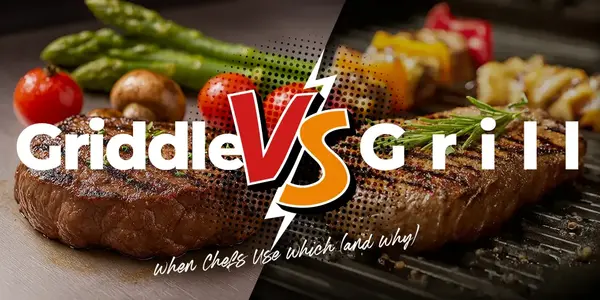
Learn the difference between flat tops, griddles, and grills. Compare commercial griddle and commercial grill performance, menu applications, and heat behavior to choose the best cooking surface for your restaurant.
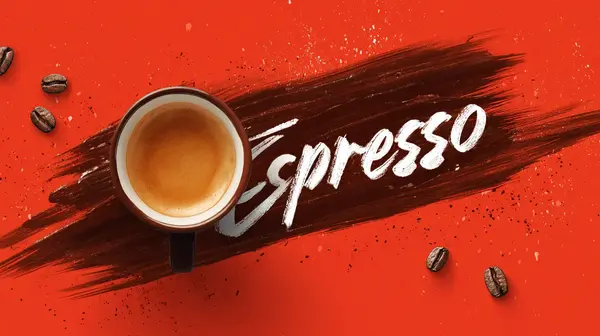
Discover the science behind espresso brewing pressure. Learn how to make espresso properly, why 9 bar espresso is the industry standard, and how extraction time, pressure, and equipment affect flavor and consistency.
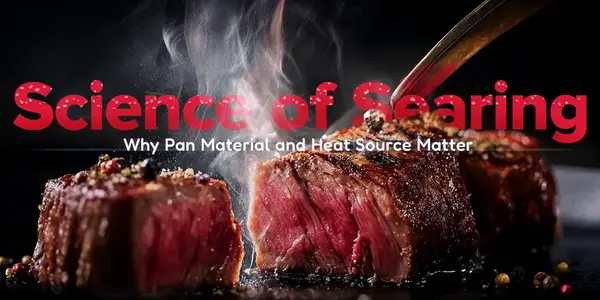
Learn how to sear steak like a pro. Discover the best pans for searing, how long to sear meat, and the difference between cast iron and stainless steel cookware for perfect results.


